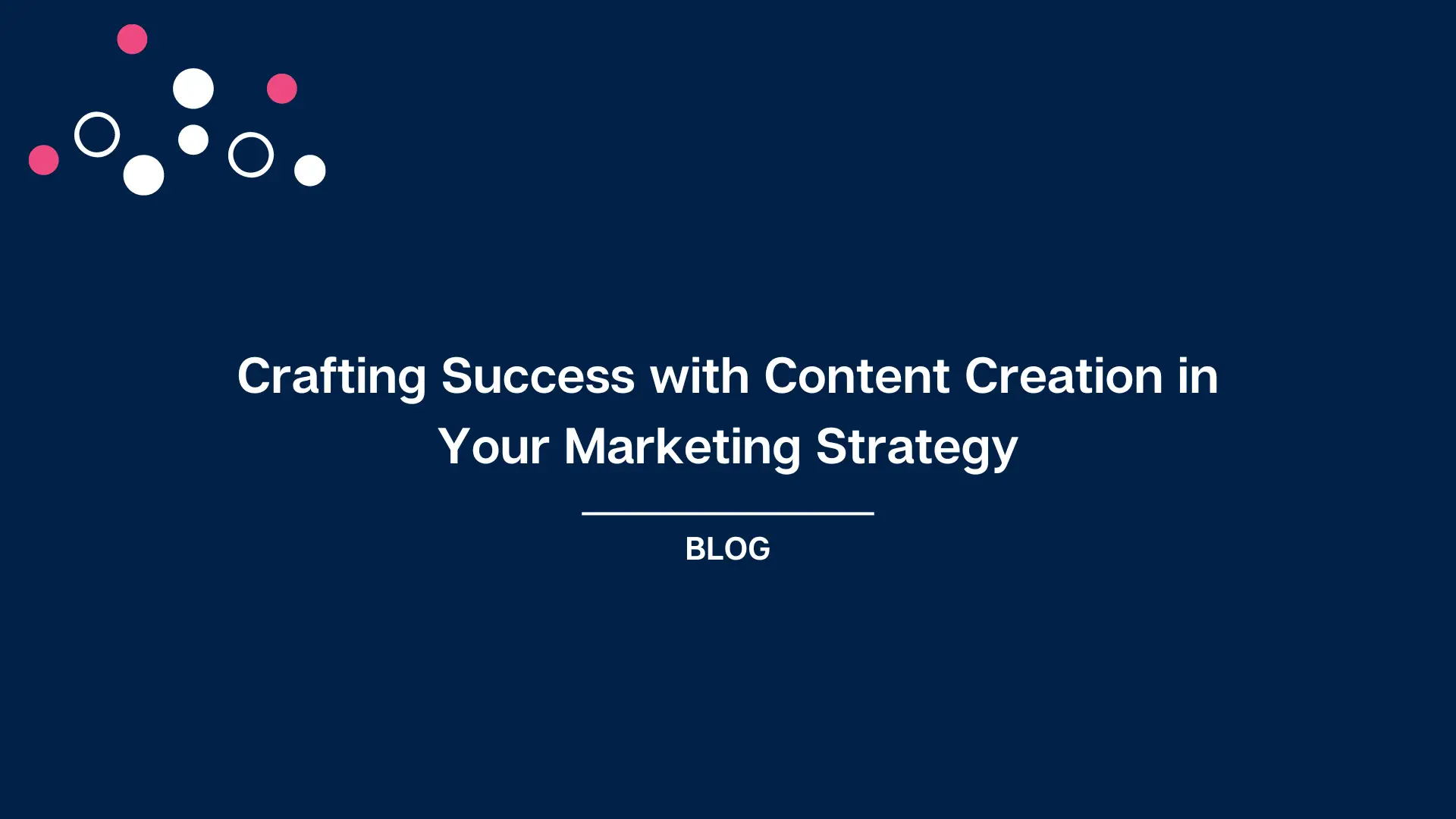
The Power of Content in Today's Digital World
In an age where digital presence can make or break a brand, content creation stands as a pivotal player in the marketing arena. Gone are the days when a simple advertisement could capture an audience’s attention. Today, consumers crave value, insights, and engagement. This is where content creation comes into play, establishing itself as a linchpin in any effective marketing strategy.
For marketers and small business owners, understanding the role of content creation is crucial. Not only does it help in building brand awareness, but it also fosters trust and engagement with potential customers. Through this blog post, you’ll discover why content creation is essential for your marketing efforts, how to craft compelling content that resonates with your audience, and ways to measure its success.
Before you can create effective content, it’s vital to understand who you’re speaking to. Identifying and targeting the right audience is the foundation of successful content marketing. By knowing your audience’s preferences, needs, and challenges, you can tailor your content to meet them precisely where they are.
Start by creating detailed buyer personas. These fictional characters represent your ideal customers and help you focus on their demographics, interests, and behaviours. Conduct surveys, interviews, and research to gather this data. Once you have a clear picture of your audience, you can craft content that speaks directly to their wants and needs.
Another key aspect is engaging with your audience on platforms they frequent. Whether it’s social media, forums, or industry-specific websites, being present where your audience spends time allows you to interact with them effectively. By understanding the channels they use, you can adapt your content to fit those platforms, ensuring maximum reach and engagement.
Content Creation Strategies
Creating content isn’t a one-size-fits-all approach. Different types of content serve various purposes, and choosing the right one for your message can significantly impact your marketing strategy’s effectiveness. Blogs, videos, and infographics are some of the most popular content types, but each has its unique advantages.
Blogs are a staple of content marketing. They provide a platform for sharing in-depth insights, tips, and stories. A well-written blog can establish you as an authority in your field and drive organic traffic to your website. Videos, on the other hand, offer a dynamic way to engage with your audience. They are highly shareable and can communicate complex ideas more effectively than text alone.
Infographics combine visuals and information, making them ideal for presenting data and statistics in an easy-to-digest format. They are excellent tools for capturing attention and are often shared widely across social media. When deciding on a content type, consider your audience’s preferences and the message you want to convey.
Creating compelling content is just one part of the equation. Ensuring that your content is discoverable is equally important, which is where Search Engine Optimisation (SEO) comes into play. By incorporating SEO best practices into your content, you increase its visibility and reach, driving more traffic to your site.
Start by researching relevant keywords that your audience is likely to search for. Tools like Google’s Keyword Planner can help you identify these terms. Once you have a list of keywords, integrate them naturally into your content, including headings, subheadings, and body text. However, avoid keyword stuffing, as this can negatively impact your SEO efforts.
Additionally, focus on creating high-quality content that provides value to your readers. Search engines favour content that is informative, engaging, and well-structured. Use internal and external links to enhance the credibility of your content and improve its ranking in search results. Optimising images and ensuring your site loads quickly also contribute to better SEO performance.
Measuring Success
To ensure your content marketing strategy is effective, it’s important to track key metrics that indicate success. By measuring these metrics, you can gain insights into what works, what doesn’t, and how you can improve your efforts over time.
One of the most common metrics is website traffic. Monitoring the number of visitors to your site, as well as their behaviour and engagement, provides valuable data on your content’s reach and impact. Similarly, conversion rates reveal how well your content is driving desired actions, such as sign-ups, purchases, or downloads.
Social media engagement is another critical metric. Likes, shares, comments, and mentions indicate how well your content resonates with your audience. Analysing these interactions can help you refine your content strategy to better connect with your followers. Finally, customer feedback and reviews offer qualitative insights into your content’s effectiveness, highlighting areas for improvement.
Conclusion
Content creation is not just a component of a marketing strategy; it’s the glue that holds it all together. By understanding your audience, crafting compelling content, optimising for SEO, and measuring success, you can harness the power of content to elevate your brand and achieve your business goals.
For marketers and small business owners, integrating content creation into your marketing strategy is not optional—it’s essential. It provides an opportunity to connect with your audience, build trust, and establish yourself as a leader in your industry. Begin by exploring different types of content, experiment with various strategies, and don’t hesitate to adjust your approach based on the metrics you gather.
Remember, the world of content marketing is dynamic and constantly evolving. Stay informed about industry trends, continue learning, and always be ready to adapt to new challenges. With dedication and creativity, your content can become a powerful tool that drives growth and success for your business.

